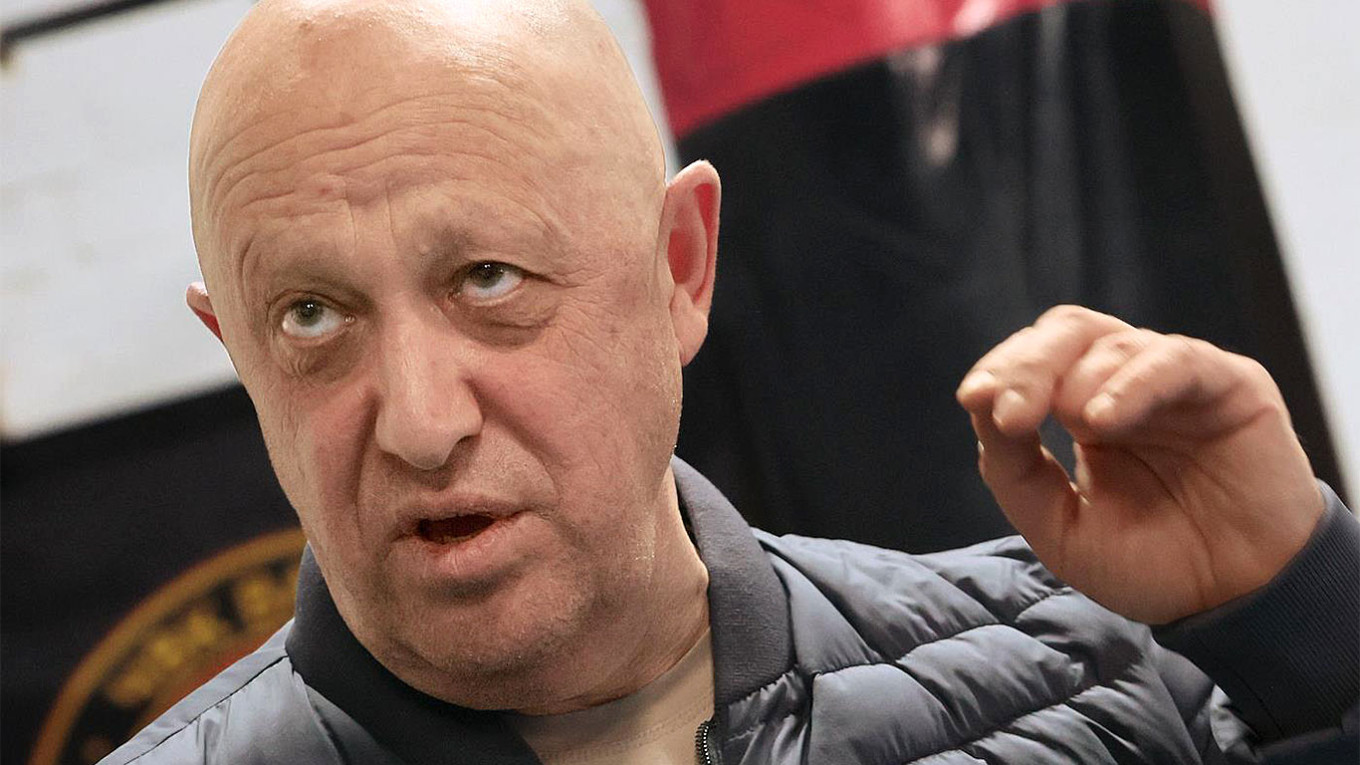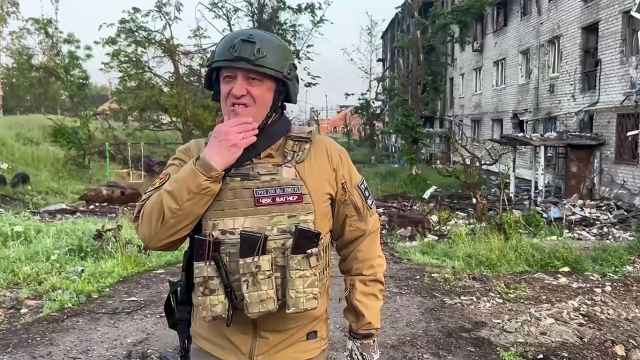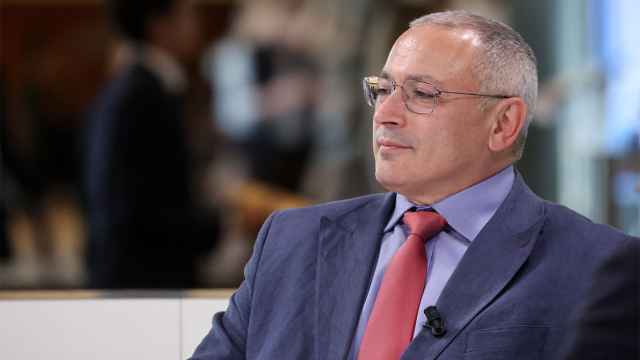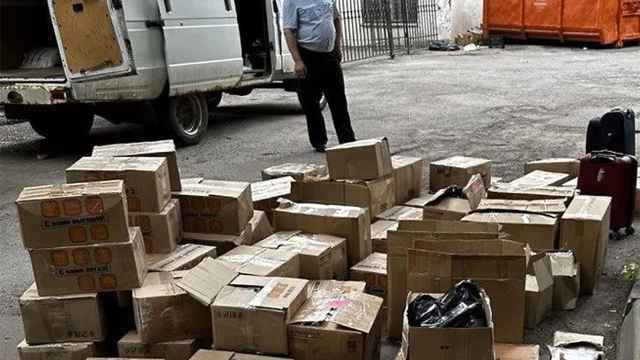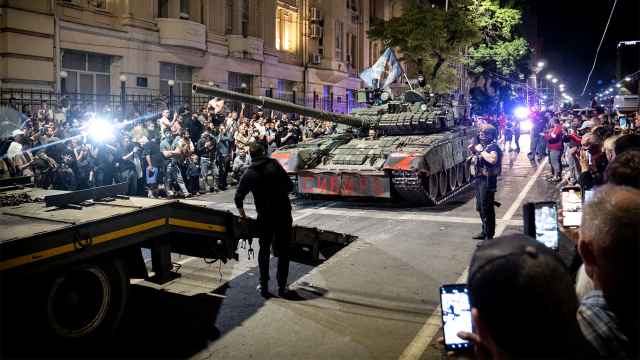The leader of Russia's Wagner mercenary group said Monday that his aborted rebellion march on Moscow over the weekend had exposed "very serious security problems" in Russia, while insisting he did not want to overthrow President Vladimir Putin.
Prigozhin broke his silence in a Telegram audio message two days after staging the dramatic armed rebellion that saw his fighters approaching Moscow in columns.
The private army chief did not reveal his location but is reported to move to Belarus, after a deal brokered by Minsk to end the mutiny.
Prigozhin said his revolt was aimed at saving his embattled mercenary outfit and bringing to justice Russia's military leadership who made "huge mistakes" during the Ukraine campaign.
"We went to demonstrate our protest and not to overthrow power in the country," Prigozhin said.
But he said the mutiny — which saw armed fighters speed through southern Russia en route to Moscow — exposed major security issues.
Wagner's convoy stopped 200 kilometers (125 miles) short of Moscow and had "blocked all military infrastructure" including air bases along its path, Prigozhin said.
He claimed the group had support from locals along the way.
"In Russian towns, civilians met us with Russian flags and the symbols of Wagner," Prigozhin said.
"They were all happy when we passed through."
Prigozhin said Belarusian leader Alexander Lukashenko offered ways in which Wagner could continue to operate and thereby ended the rebellion.
"Lukashenko held out his hand and offered to find solutions for the continuation of the work of the Wagner private military company in a legal jurisdiction," Prigozhin said.
The Wagner chief said that he had sent two columns into Russia: one to the city of Rostov-on-Don, which occupied the local army headquarters, and the second one to Moscow.
He halted the rebellion after the column approaching Moscow "did reconnaissance of the area and it was obvious that at that moment a lot of blood will be shed."
He claimed that nobody was killed "on the ground" during the march but admitted casualties in the air.
"We regret that we were forced to hit on aviation, but they dropped bombs and hit us with rocket fire," he said.
He said that several Wagner fighters were injured and claimed that two soldiers who had joined the rebellion "out of their own will" were killed.
Prigozhin said Wagner fighters were aware of the "end aim" of the march and were "not forced" to join.
He has claimed to have got as close as 200 kilometers from Moscow.
A Message from The Moscow Times:
Dear readers,
We are facing unprecedented challenges. Russia's Prosecutor General's Office has designated The Moscow Times as an "undesirable" organization, criminalizing our work and putting our staff at risk of prosecution. This follows our earlier unjust labeling as a "foreign agent."
These actions are direct attempts to silence independent journalism in Russia. The authorities claim our work "discredits the decisions of the Russian leadership." We see things differently: we strive to provide accurate, unbiased reporting on Russia.
We, the journalists of The Moscow Times, refuse to be silenced. But to continue our work, we need your help.
Your support, no matter how small, makes a world of difference. If you can, please support us monthly starting from just $2. It's quick to set up, and every contribution makes a significant impact.
By supporting The Moscow Times, you're defending open, independent journalism in the face of repression. Thank you for standing with us.
Remind me later.


